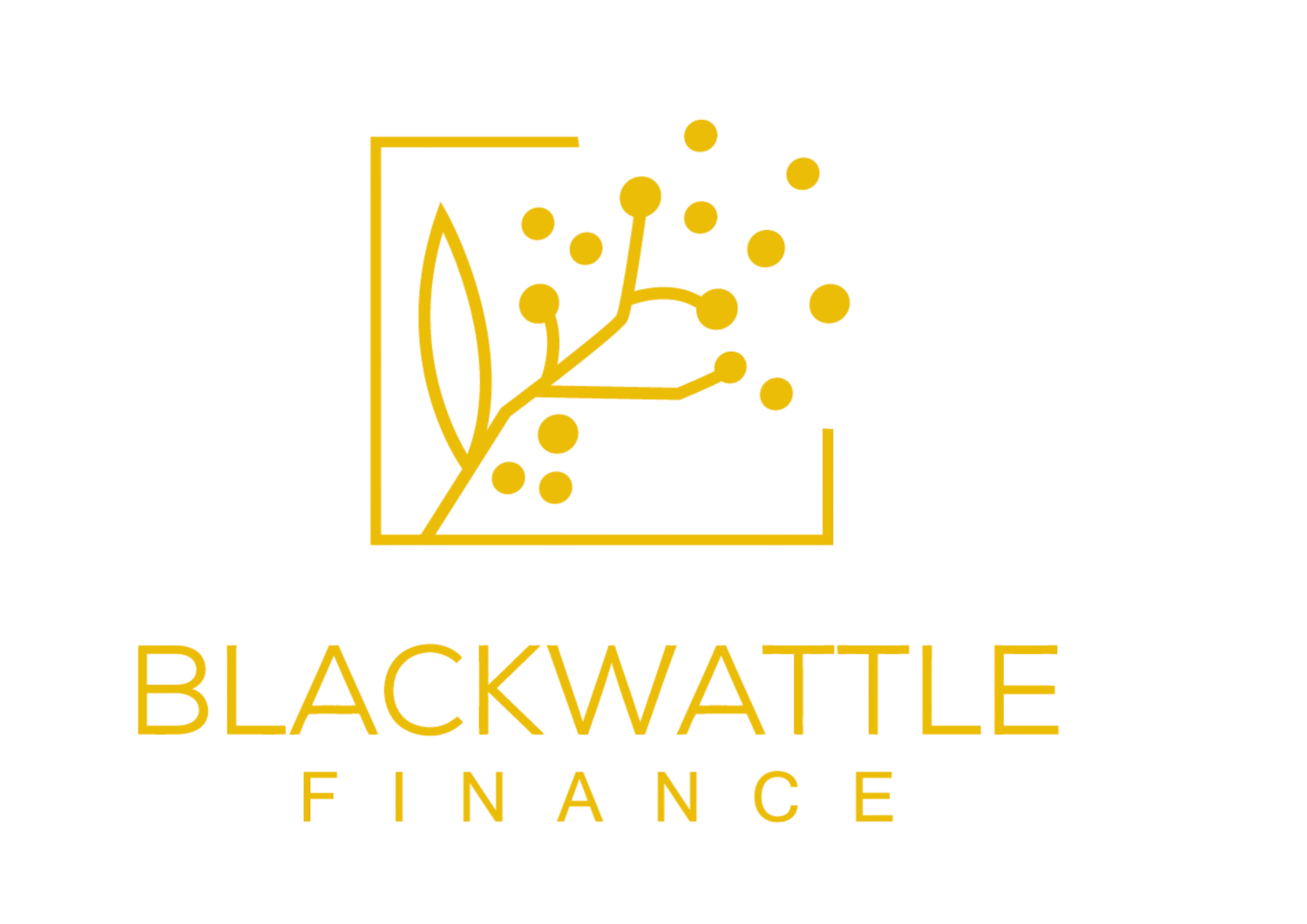Reducing the life of your loan isn’t difficult; there are many simple things you can do to cut years off your mortgage. Here are some tips that will help you be mortgage-free sooner than planned.
Small extra repayments
One of the most obvious ways to pay off your home loan quicker is to make extra repayments. Depositing lump sums, such as a tax return or work bonus, will always be beneficial, however it doesn’t always take large amounts or windfalls to make a substantial difference – planning for regular, small cash injections can have a great impact over the life of a loan.
Let’s say we give an extra $50 a fortnight on a $500,000 loan, that saves you $32,000 of interest over the life of the loan which in turn will save you just over two years,
Switch your payment intervals
If you find that you don’t have the discipline to make extra repayments, then simply switching your payment structure can also help save years off your mortgage, as well as simplifying your finances if you are paid fortnightly.
Because there are 12 months in a year but 13 four-week cycles, by switching your payment intervals from monthly to fortnightly, you are essentially paying off an extra month per year.
Make sure you have the right type of loan
Ensuring your loan allows extra repayments without penalty will let you to make the most of bonuses or funnel small extra payments to reduce the loan principle more quickly, saving on interest immediately, while an offset account will use your savings or living expenses to reduce your principle, while still allowing you to access these funds from a transaction account.
Offset accounts are particularly useful. Because interest is calculated daily but charged monthly, any money sitting in the account will help reduce the loan.
Although you may have to pay extra fees for the offset or redraw account, these may well be lower amounts than the interest saved. Talking to usis the easiest way to work out whether this option is financially sound.
Paying off your home loan faster isn’t difficult, however it does require financial discipline and expertise in ensuring the right loan features are in place.

